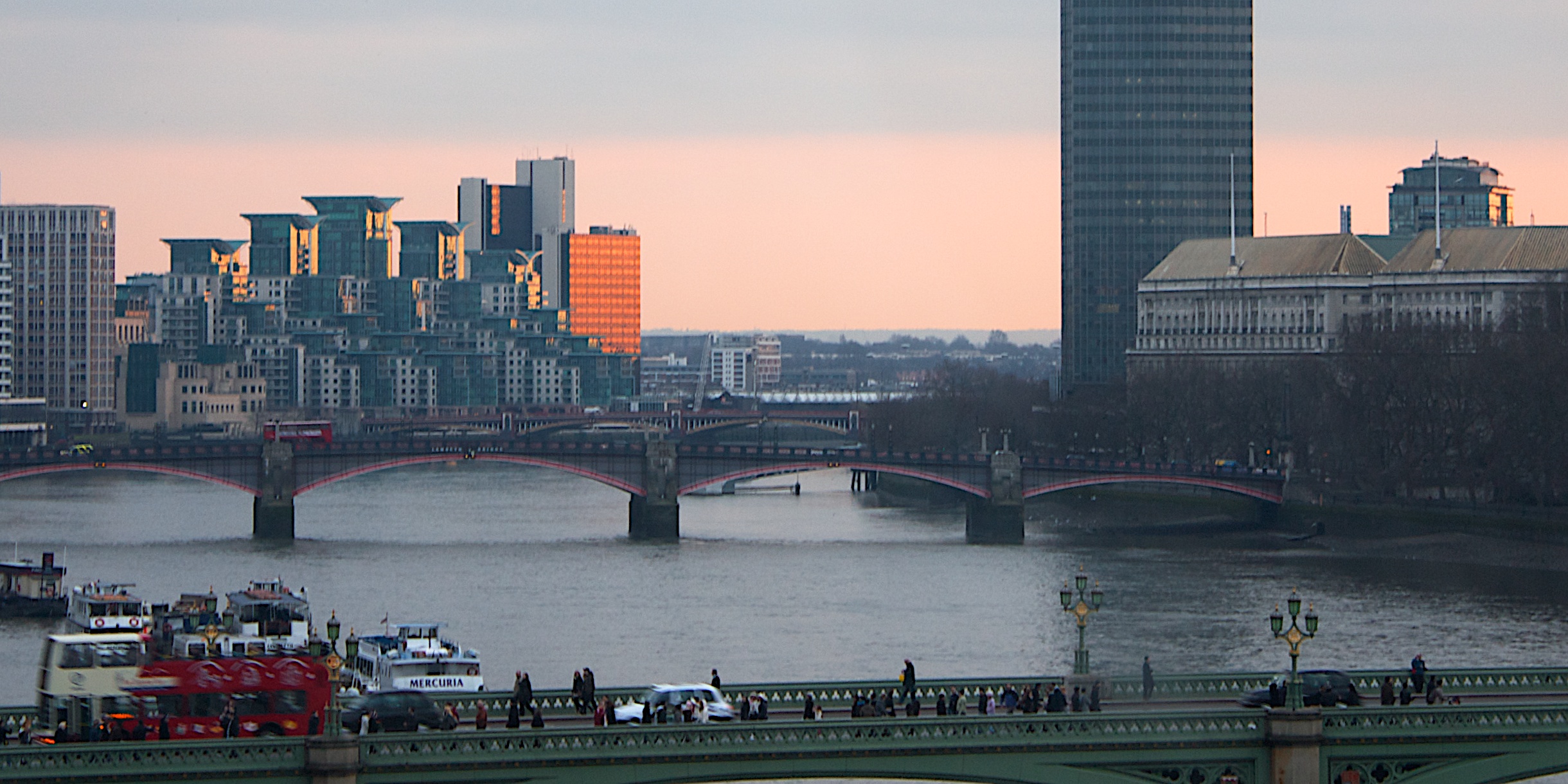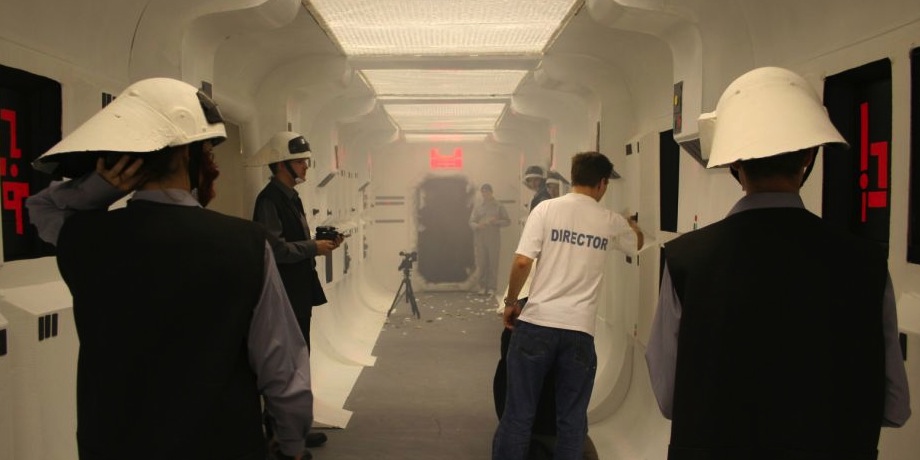This time lapse is awesome. As Gizmodo says: watch it with sound and on the biggest screen you can play it on. Me and Caroline just watched on our TV and it even held her interest for the full 3 minutes. Then Oscar cried :p
The Most Spectacular Night View of Earth Ever Captured by NASA →
July 24th, 2012Global warming by the numbers →
July 24th, 2012This article is really interesting. And scary. It goes through the current political state of the planet regarding climate change, and the consensus on what that means in reality. There’s loads more detail in the article, but this is the scariest bit:
Apparently the world has agreed that we can afford to increase global temperatures by no more than 2° Celsius without devestating damage to mankind. So far, we’ve raised global temperatures by 0.8°. To avoid going over that 2° target, we can only release 565 Gigatons of carbon-dioxide over the next ~40 years.
The value of the fossil-fuel companies is largely based on their current reserves; the fuel they’ve found, and expect to mine and sell. It turns out, those reserves will release 5 times the 565 Gigatons we can afford to release.
Yes, this coal and gas and oil is still technically in the soil. But it’s already economically aboveground – it’s figured into share prices, companies are borrowing money against it, nations are basing their budgets on the presumed returns from their patrimony. It explains why the big fossil-fuel companies have fought so hard to prevent the regulation of carbon dioxide – those reserves are their primary asset, the holding that gives their companies their value. It’s why they’ve worked so hard these past years to figure out how to unlock the oil in Canada’s tar sands, or how to drill miles beneath the sea, or how to frack the Appalachians.
If you told Exxon or Lukoil that, in order to avoid wrecking the climate, they couldn’t pump out their reserves, the value of their companies would plummet. John Fullerton, a former managing director at JP Morgan who now runs the Capital Institute, calculates that at today’s market value, those 2,795 gigatons of carbon emissions are worth about $27 trillion. Which is to say, if you paid attention to the scientists and kept 80 percent of it underground, you’d be writing off $20 trillion in assets. The numbers aren’t exact, of course, but that carbon bubble makes the housing bubble look small by comparison. It won’t necessarily burst – we might well burn all that carbon, in which case investors will do fine. But if we do, the planet will crater. You can have a healthy fossil-fuel balance sheet, or a relatively healthy planet – but now that we know the numbers, it looks like you can’t have both. Do the math: 2,795 is five times 565. That’s how the story ends.
It’s the same as the fights against record labels. The incumbent big businesses control law and regulation, and fight for their benefit; not the benefit of society. Except here we’re literally talking about preventing society from crumbling.
It also reminds me of Isaac Asimov’s Foundation series of books, in which a mathematician develops a technique to predict the future of society as a whole (because although we are individually unpredictable, society has a momentum). He discovers that society is headed for massive disruption with a dark age lasting 30 thousand years. He takes on the daunting task of formulating a plan to reduce the impact of society’s inevitable fall.
US vs UK smartphone pricing and plans →
July 20th, 2012Interesting breakdown of the prices for smartphones in the UK vs USA. We get a whole lot more options and way cheaper prices. (The third graph is astonishing)
These pictures are incredible →
July 19th, 2012Large collection of default spam-comments from a slimy SEO tool →
July 14th, 2012The comments that spammers use on blogs to avoid being deleted are kinda funny, kinda disturbing.
All in all, they’re a curious collection of spammers’ hypotheses about what will appeal to the vanity and goodwill of people who run legitimate WP sites.
The only chips at The Olympics are McDonald’s →
July 12th, 2012‘The Dark Knight Rises’ Soundtrack →
July 11th, 2012The Dark Knight Rises‘ soundtrack has been released to stream ahead of its general release. Yippee!
The Geek’s Companion has a good quick review of each track.
What Would Happen if You Tried to Hit a Baseball Pitched at 90 Percent the Speed of Light? →
July 11th, 2012A must read.
Do a quick check to make sure you don’t have this malware →
July 6th, 2012If your computer has the DNS Changer malware installed, you’ll be unable to use the Internet from Monday (9 July 2012).
If your computer was infected, some of its vital internet traffic was being routed through rogue servers, which the FBI seized last year. They’ve been running nice servers in their place, to prevent infectees losing the ability to use the internet, but are turning them off on Monday.
It’s easy to check whether you’re infected at [http://www.dcwg.org]( http://www.dcwg.org]
Covers beating the originals →
July 6th, 2012A ‘tribute’ band for Maroon 5 got to number 9 in the charts with Maroon 5’s latest song before Maroon 5 even released it.
The techdirt article explains the mechanics, but it’s a case of music being held back from release, and ‘enterprising’ people jumping in to fulfil demand. Apparently, it happened in the 50s and 60s with American music taking a long time to be released in the UK, so cover artists often beat the original track to it.














